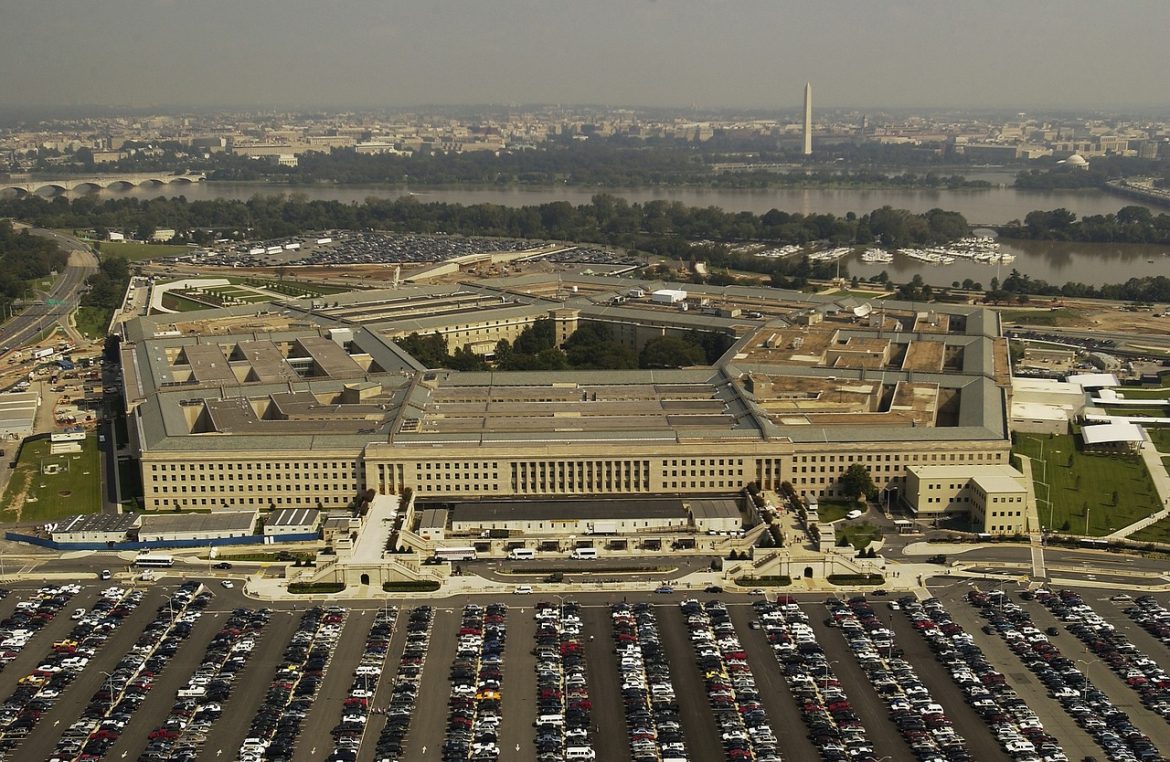Pentagon Fails Annual Audit for the Sixth Consecutive Year, Highlights Asset Accountability Concerns
In a concerning trend, the Pentagon has fallen short in its annual audit for the sixth consecutive year, revealing persistent challenges in financial transparency and asset accountability within the Defense Department. The recently released audit results indicate that, out of 29 sub-audits conducted this year, the Pentagon managed to pass only seven, mirroring last year’s outcomes. Notably, auditors raised alarms about the inability to account for half of the department’s claimed assets, raising questions about financial management practices.
Audit Results Overview:
The Defense Department’s annual audit is a critical process designed to ensure financial accountability, transparency, and efficiency within one of the largest and most complex government agencies. Unfortunately, the recent audit results highlight ongoing difficulties that the Pentagon faces in meeting these objectives.
- Overall Audit Failure: The Pentagon’s failure to pass its annual audit for the sixth consecutive year underscores systemic challenges in financial management and reporting. The inability to achieve a clean audit opinion raises concerns about the accuracy and reliability of the Defense Department’s financial statements.
- Sub-Audit Performance: Out of the 29 sub-audits conducted, the Pentagon succeeded in passing only seven. This performance is identical to last year’s results, indicating a lack of substantial improvement in addressing financial oversight issues.
- Unaccounted Assets: Auditors discovered that a staggering 50% of the department’s claimed assets could not be adequately accounted for. This finding raises questions about the accuracy of the reported financial positions and the efficacy of internal controls within the Defense Department.
Implications and Calls for Improvement:
The consistent failure of the Pentagon’s annual audit raises concerns not only about financial transparency but also about the effectiveness of internal controls and accountability mechanisms. As one of the largest government agencies, the Defense Department’s ability to manage its finances responsibly is crucial for ensuring national security.
- Need for Reform: The repeated failure of the audit emphasizes the urgent need for reform and improvement in financial management practices within the Pentagon. Addressing weaknesses in internal controls and asset tracking systems is essential to bolster accountability.
- Increased Oversight: Calls for increased oversight and scrutiny of the Defense Department’s financial operations may emerge in response to the audit results. Congressional committees and watchdog organizations may seek to explore ways to enhance transparency and accountability.
- Strategic Asset Management: To mitigate the challenges highlighted by auditors, the Pentagon may need to reevaluate and strengthen its processes for tracking and managing assets. Implementing robust systems and controls will be crucial to achieving a more favorable audit outcome in the future.
The Pentagon’s failure in its annual audit for the sixth consecutive year underscores the imperative for immediate action to enhance financial transparency and accountability. As discussions about defense spending and resource allocation continue, addressing these systemic issues will be pivotal for restoring public trust and ensuring the efficient use of taxpayer dollars within the Defense Department.



